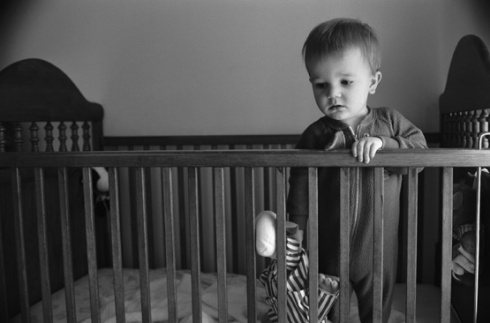Where are our priorities? If you look at what is happening in Congress, you will be reminded (again) that they are in the wrong spot! Last week on Tuesday, April 29th, the House Ways and Means Committee convened and adopted seven different bills. Six of the seven addressed the tax code and extended certain business-related tax deductions. These six tax bills cost approximately $310 billion over ten years and were approved by the Committee without any requirement that the bills show an offset of cost savings.
Then, there was the seventh bill, the Preventing Sex Trafficking and Improving Opportunities for Youth in Foster Care Act (HR 4058). This is the bill that brought my attention to what was going on in our Capitol on a seemingly random Tuesday in April. This bill was the only bill addressed that day that did not address the tax code AND it was the only bill that required at least some of its costs be offset.
To reiterate and make clear – our government could find billions of dollars to extend tax breaks to businesses, but, when trying to spend a few million dollars to try to help kids that are abused and neglected, those advocating for the change are going to have to find a way to pay for it. What kind of priority is that? What does that say about us? If the saying, “put your money where your mouth is” holds, true, I’m hearing our Congress say we care way more about helping businesses than we do about helping the most vulnerable in our society. Is that true? I’m getting sick just writing it.
Certainly our current cast of characters in Congress would tell us that there is an offset of fiscal benefits to the economy such as more jobs and more taxes coming in from providing businesses with tax breaks. There is likely some truth to that. But $310 billion worth of benefits over 10 years? I’m not buying it. And, let’s compare that to what was argued over in HR 4058. Before it could pass, a section of HR 4058 had to be removed because it was projected to cost approximately $12 million over the same 10-year time period. The section would have required state child welfare agencies provide a young person leaving foster care with a Social Security card, birth certificate, health information and in some cases a bank account. Wouldn’t providing youth the appropriate documentation and support upon leaving care lead to better education and housing outcomes for kids and ultimately more of these youth working and paying taxes too?
The way these seven bills played out highlights the winners and losers on Capitol Hill. It is a reflection of who is in charge of the House and where their priorities stand. I choose not to stand quietly and to instead put voice to my concern – our children are the most valuable asset to our country. Let’s treat them that way!
Author: Christina Riehl is a Senior Staff Attorney at the Children’s Advocacy Institute.


